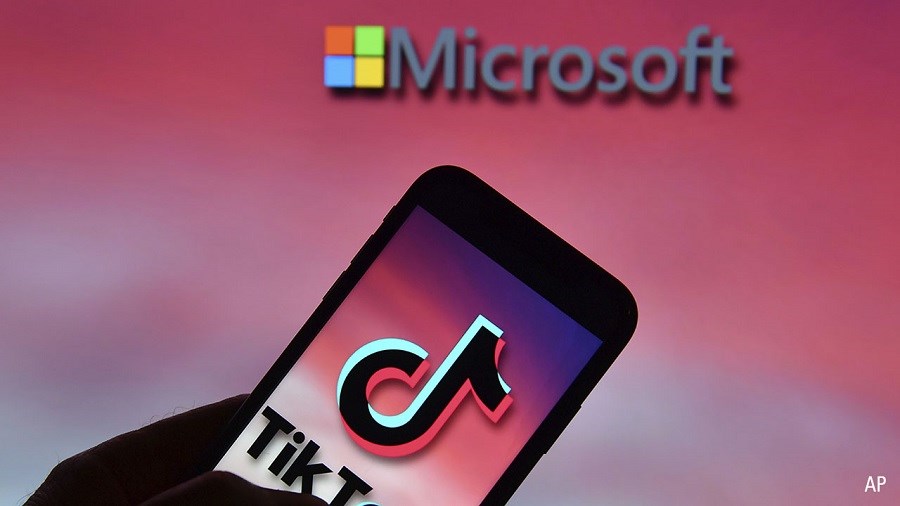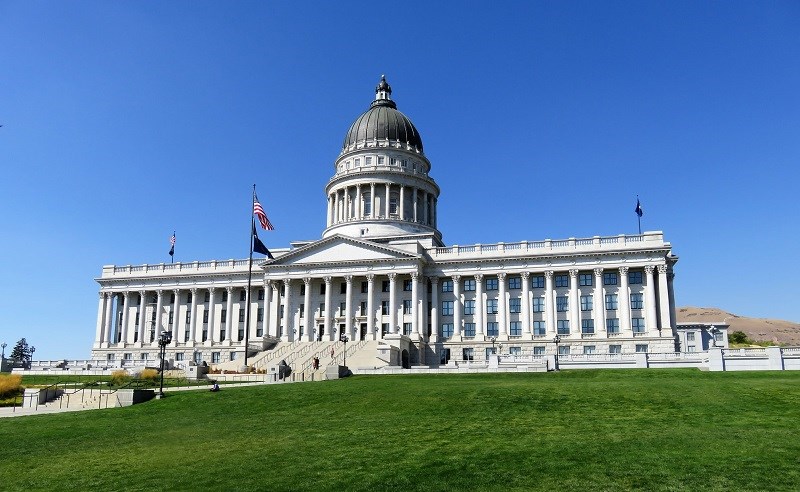
Based on various reports by The Wall Street Journal and Microsoft’s Sunday evening blog post, we think there are two likely scenarios when it comes to the future of a few operations of the Chinese social video app, TikTok.
One is that the app will be banned in the US by President Donald Trump; and the other is that its US operations, along with operations in a few other markets, may be acquired by Microsoft (MSFT) and possibly other investors. In our view, if TikTok is banned, Facebook (FB) and Snap (SNAP)will be the main beneficiaries as competition for the two firms will be practically halted for the time being. However, at the same time, Facebook could come under additional antitrust pressure from the US government.
On the other hand, if TikTok’s Chinese parent ByteDance and Microsoft reach a deal, it may slightly lessen antitrust pressure on Facebook. With the backing of a behemoth like Microsoft, TikTok could compete fiercely for user time with Facebook, Snap, and others. We expect Microsoft’s efforts would impact Snap more than Facebook because Snap does not have billions of users and the resulting network effect moat source.
In terms of what Microsoft and other investors may pay for TikTok’s US business, we think it could be a wide range, between US$5 billion and US$11 billion ($7 billion and $15 billion). Whether the deal goes through or not, we are likely to maintain our fair value estimates of US$265 and US$18 on Facebook and Snap, respectively.
Microsoft says it is aiming to complete a deal for TikTok’s operations in the US, as well as in Canada, Australia and New Zealand, no later than 15 September. The White House had insisted upon that deadline, Bloomberg reported, citing people familiar with the matter. The banning of TikTok will benefit both Facebook and Snap as current US TikTok users likely will begin to spend more time on other platforms like Snapchat or Facebook’s Instagram, which will please advertisers and may attract more of their dollars.
In addition, popular TikTok content creators and their fans may quickly turn to Snapchat, Instagram, or YouTube for content distribution. According to India’s Gadget 360, this happened in India after the country banned TikTok on 29 June, as content creators on TikTok began asking their followers to follow them to Instagram or YouTube. Plus, Instagram has already cloned TikTok, to which it refers to as Reels.
At the same time, regulators may not welcome anything that bolsters Facebook’s user base and network effect moat source. As outlined in our March Observer “Antitrust Flexing Its Anti-Big-Tech Muscle: Google and Facebook Do Not Face Significant Damage,” Facebook continues to face pressure from regulators and antitrust agencies. Without TikTok, Facebook’s antitrust case will weaken.
If Trump and other regulators allow Microsoft to purchase TikTok, the antitrust agencies’ cases against Facebook will weaken. TikTok has 100 million daily active users in the US, according to a TikTok spokesperson who was quoted by TechCrunch. This figure compares with Facebook’s 198 million, as reported in the firm’s second quarter results. While the daily active users for Instagram is likely approaching Facebook’s or may have surpassed it, these figures indicate that even for the wide-moat Facebook, there are competitors out there.
No material impact on Facebook
A Microsoft-owned TikTok could compete more effectively with Facebook, but we don’t expect the impact on Facebook will be material for a couple of reasons. First, the virtuous cycle that we have seen on the Facebook and Instagram platforms has proven very difficult to reverse, whether through a lack of trust (as with the 2018 Cambridge Analytica scandal and the firm’s alleged role in the 2016 Presidential election) or the presence of more innovative products (as with Snapchat the last few years). Continuing growth of TikTok may slow Instagram user or engagement growth, but we don’t see TikTok displacing Instagram or Facebook.
Second, with possibly less antitrust pressure on Facebook after a possible Microsoft/TikTok deal, Facebook may more aggressively take the M&A path. The firm can also copy and paste TikTok features (as it has already done with Reels) with less risk of regulatory backlash.
If a deal goes through, it will have a more negative impact on Snap, in our view. Snap has been the most popular social app for younger users (13-24-year olds) in the US. At the same time, advertisers are attracted to the fact that many of those users remain on Snap as they get slightly older (25-34-year olds), generating higher ROIs on ads. TikTok may interrupt this process as it clearly targets and has been successful in attracting younger users. With a weaker network effect, it may be a bit more difficult for Snap to attract users away from or keep its users from migrating to TikTok.
We think President Trump, Microsoft, ByteDance, and all other parties should reach a deal as soon as possible, for the longer this lingers, the worse it may be for TikTok’s user growth. Headlines related to India banning the app, and the possibility of that happening in the US and other countries, could force users to flee TikTok faster than expected and bring their content and followers to Instagram, Snapchat, or YouTube.
According to the latest post on Microsoft’s blog, ByteDance and Microsoft are continuing their discussions, which were labelled as preliminary. In addition to the US operations, sale of TikTok’s businesses in Canada, Australia, and New Zealand is also part of the discussion. The sides plan to finish the negotiations by 15 September.
Valuing TikTok
From a valuation standpoint, we think TikTok’s US business could be valued between the wide range of US$5 billion and US$11 billion. Some discount may be necessary when considering the cost of completely separating TikTok’s US, Canada, Australia, and New Zealand businesses from ByteDance’s centralised platform.
Given that TikTok is in a very early and strong growth stage, we first applied the median forward sales multiple that the initial public offerings of Facebook, Pinterest, Snap, and Twitter represented (20.5) to the US$500 million US operations revenue which TikTok expects to generate in 2020 (according to The Information), resulting in a valuation of US$10 billion-US$11 billion.
We also took a look at where the market is currently valuing those firms, which as of the close of 31 July (and based on the FactSet consensus estimates of their 2020 revenue) represented a median sales multiple of 10, indicating that TikTok’s US business could be priced at around US$5 billion.





















